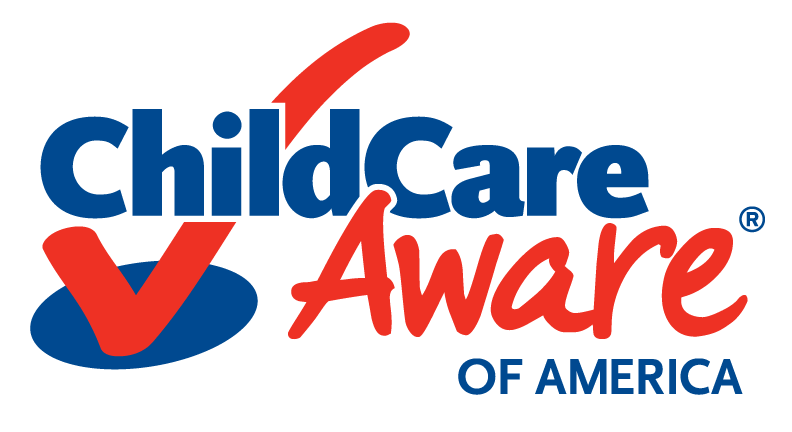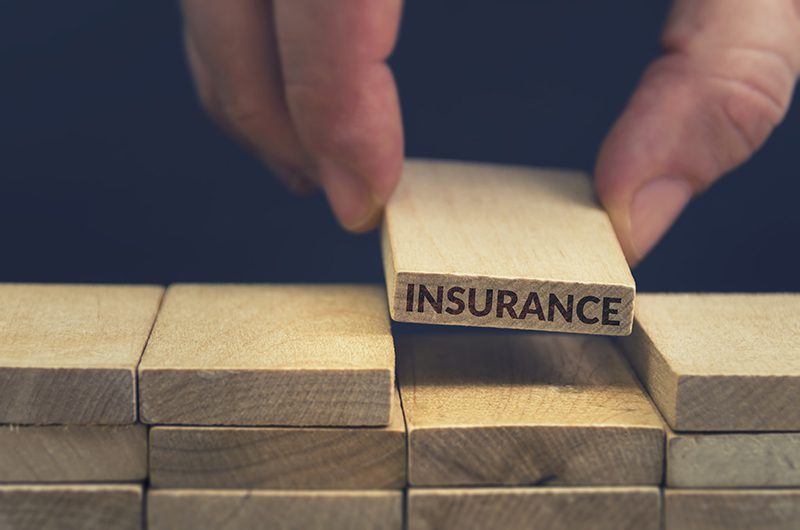Opening a Family Child Care Home: Do Your Research
Before opening a family child care home, you’ll need to learn about some of the basics of starting a new child care business. Click on the sections below for guidance on these fundamental topics.
-

Complete a Needs Assessment
Understanding the community need for child care is critical for your business to be successful. Use this needs assessment to get started and call your local Child Care Resource and Referral (CCR&R) agency for help in answering some of these questions. This is an important first step in building your business plan.
Needs Assessment -

Learn About Licensing and Background Checks
What is a child care license?
A child care license allows you to legally operate your child care program. To get a license, you must meet the minimum health, safety, and program standards set by your state. Child care licensing regulations vary by state. Contact your state licensing agency or your local Child Care Resource and Referral (CCR&R) agency for information on your state’s licensing requirements.
What does a child care license cover?
There are a variety of standards covered by a child care license. Although states will vary, most cover the following topics:
- The maximum number of children allowed in the setting (group size), and the minimum number of adults required for a specific number of children (adult-child ratio), depending on the age of the children
- Health and safety standards on immunizations, handwashing, diapering, administering medication, reporting accidents and illnesses, safe sleep procedures, playground safety, and emergency preparedness plans
- Nutrition and food preparation
- Fire and safety drills
- Record keeping
- Minimum education requirements and ongoing training for providers
- Family engagement

Pandemic Consideration: Many states now have temporary licensing requirements or recommendations for child care programs to protect children and staff. It is important to know what new health and safety measures are recommended. Visit our State by State Resource Map and click on your state for information about child care and COVID-19.
How do I become a licensed family child care provider?
Each state has a different process for becoming licensed. Contact your local Child Care Resource and Referral (CCR&R) agency or your local or state child care licensing office by visiting our State by State Resource Map for information on your state’s licensing requirements. Use this resource when talking to your local CCR&R agency to help you understand your state’s licensing regulations.
Most states will require an application, background checks, licensing and fire inspections, and certain training hours to be completed before a license is issued. Some programs may be exempt from licensing, depending on the type of program, where and when it operates, and the number of children in care.
What type of background checks do I need?
New federal law requires states to conduct criminal background checks on all child care employees that work at a licensed, license-exempt, regulated, and registered child care provider. In addition, all adults living in the family child care home need to have a background check. Your local Child Care Resource and Referral (CCR&R) agency can update you on where your state is with the implementation of this new law.
Use this resource when talking to your local CCR&R agency to help you understand the steps you need to follow to obtain a background check.
Licensing and Background Checks -

Research Legal, Tax, and Insurance Considerations
Choose a Legal Structure
Decide on the legal structure of your business. You may need legal advice to decide how to set up your business. Some local Child Care Resource and Referral (CCR&R) agencies may provide training or information to help you understand these business practices.
Here are some ways in which you can structure your child care business:
- Sole proprietorship. You own an unincorporated business by yourself.
- Incorporation. Your business is set up so shareholders exchange money, property or both for the corporation’s capital stock. This structure protects your personal assets.
- Partnership. You join with one or more partners to own your child care business. All partners share business profits and losses.
- Tax-exempt organization. With this structure, your company doesn’t pay taxes; any money left over after you pay expenses must be returned to the operation of your program. To claim this status, you must meet Internal Revenue Service (IRS) eligibility requirements
Taxes
As a small business, you will need to file business income tax information with local, state, and federal agencies unless your business is tax-exempt. Taxes should be a part of any budget for a child care business. You may want to consult with a tax professional, such as an accountant or a lawyer that specializes in business practices, to help you.
Family child care providers can take advantage of tax benefits and employment benefits such as:
- Home business tax write-offs to offset expenses
- Direct expenses such as food, toys, equipment, and insurance that are 100% tax-deductible
- Indirect expenses such as real estate taxes, mortgage interest, rent, utilities, etc.
Purchase Insurance
Insurance requirements will vary by state. Contact your local Child Care Resource and Referral (CCR&R) agency or your state child care licensing office for information on the type of insurance required in your state.
Insurance protects you when emergencies or natural disasters occur. Find out if your family child care home is prepared for disasters.
There are other types of insurance that you will want to investigate, even if they are not required by your state’s licensing regulations. Read about them below, and use this resource when thinking about your insurance needs.
Business Owner’s Insurance generally is a combination of liability and property insurance. Buying the package is usually less expensive than buying two separate policies.
- General Liability Insurance covers bodily injury or property damage that occurs during the course or because of your business.
- Property Insurance covers all of the business equipment inside and outside of your program.
Professional Liability Insurance insures you and your staff for losses due to your negligence while performing your business. Coverage for sexual abuse and molestation is generally included in professional liability insurance but verify this with your insurance agent. Sexual or physical abuse coverage insures you for loss if one or your employees or others with access to children in your program abuses a child in your care.
Worker’s Compensation Insurance is required in many states. This insurance pays benefits when an employee is injured while working.
Legal and Insurance Considerations
For the best results, be sure to download and save the resources provided above. Doing so will allow you to complete the forms from your computer or mobile device.
These resources and more are also available in our Family Child Care Provider Resources E-Book.





